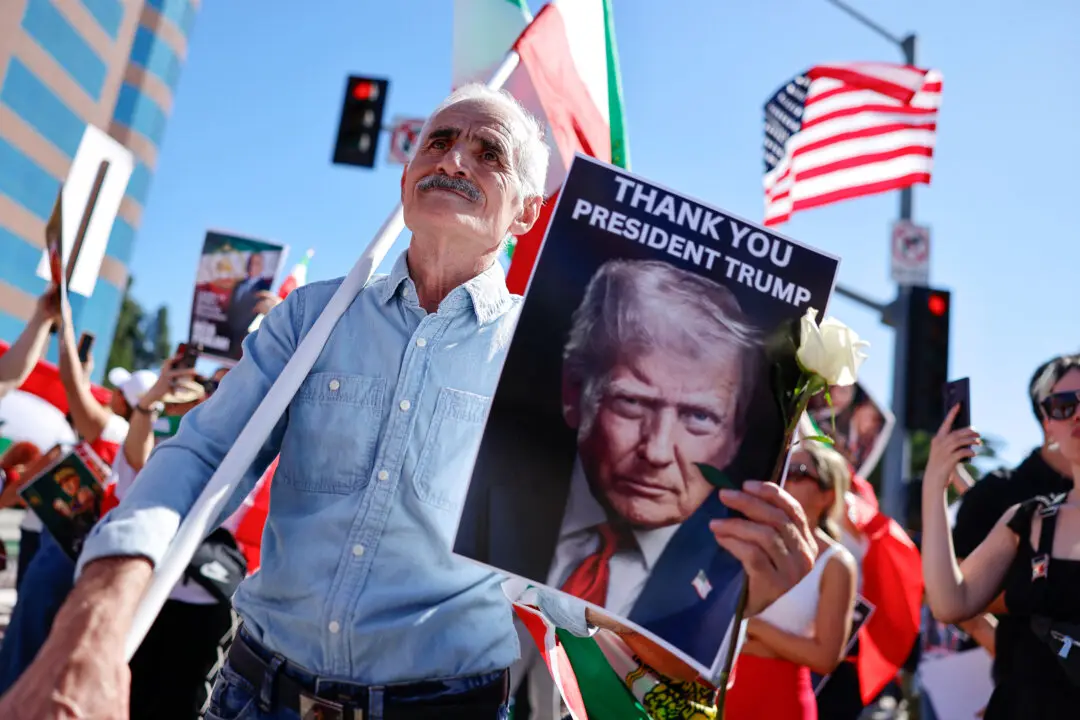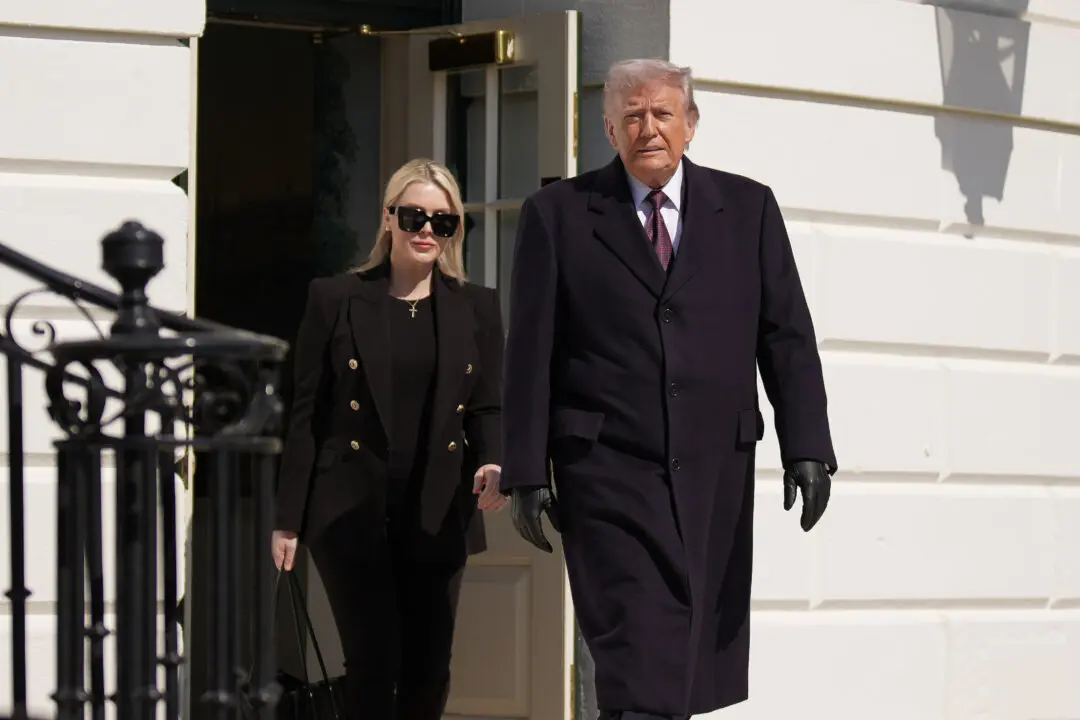Can fruit bars help reduce opium poppy fields? Plant for Peace, a U.K. charity offers a clever solution on how to combat Afghanistan’s drug trade.
Plant for Peace, founded by a British businessman James Brett in 2007, is an initiative designed to assist smallholder farmers in Afghanistan. The charity provides training as well as saplings to Afghan families to replace their opium poppy fields with pomegranates.
“I wanted to create a sustainable model that would enable those families to not only just survive but actually thrive. The outcome of this thought was Plant for Peace” said Brett.
I wanted to create a sustainable model that would enable those families to not only just survive but actually thrive.





